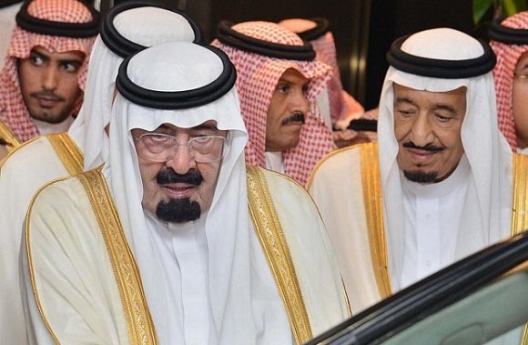 Writing for MENASource, Richard LeBaron, a Senior Fellow at the Atlantic Council’s Rafik Hariri Center for the Middle East, highlights the opportunities available to the Gulf countries, namely Saudi Arabia, Kuwait and the United Arab Emirates, to redefine their role in the Middle East, particularly when it comes to addressing the question of Egypt’s faltering economy.
Writing for MENASource, Richard LeBaron, a Senior Fellow at the Atlantic Council’s Rafik Hariri Center for the Middle East, highlights the opportunities available to the Gulf countries, namely Saudi Arabia, Kuwait and the United Arab Emirates, to redefine their role in the Middle East, particularly when it comes to addressing the question of Egypt’s faltering economy.
In Gulf Leadership Needed in Egypt, Not Just Cash, LeBaron writes:
“The Gulf states, led by Saudi Arabia, have a unique opportunity to lead the way in putting Egypt onto a sustainable economic course and they have a good geopolitical reason for focusing on this task. With growing doubts about the depth of the US commitment to Gulf security and the possibility of Iran ending its isolation, the Saudis and others in the Gulf need the strategic depth that Egypt once provided them and that Iraq no longer can.”
In order to take advantage of that opportunity, he argues that the Gulf states should play an active role in setting an agenda for Egypt and the International Monetary Fund (IMF), one that involves “subsidy reform, judicial reform, and sharp reduction and improvement of the government bureaucracy involved in investment decisions.” Continuing to provide financial aid, as a means of providing a “safety net” for the government to implement reforms necessary for an IMF program, and shifting assistance from budget support to encouragement of investment, should also be on the Gulf states’ agenda.
Read more here.
Image: Photo: Zamanalsamt (Flickr)
